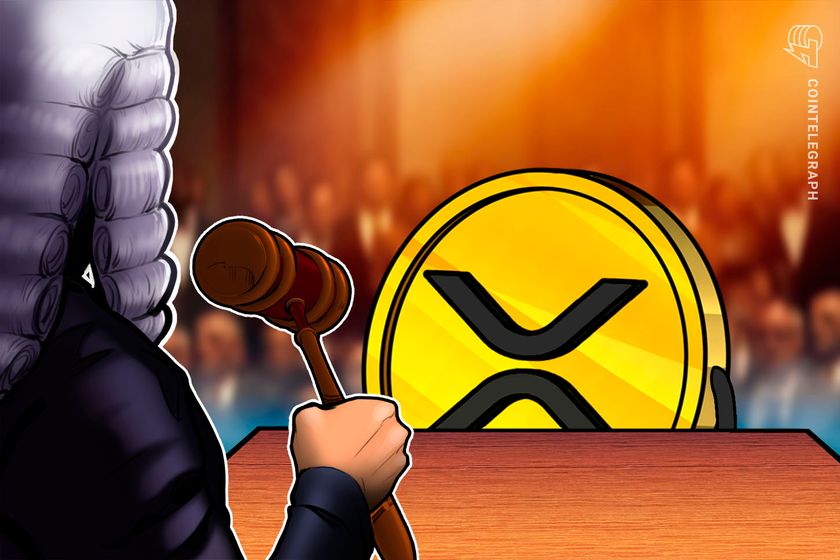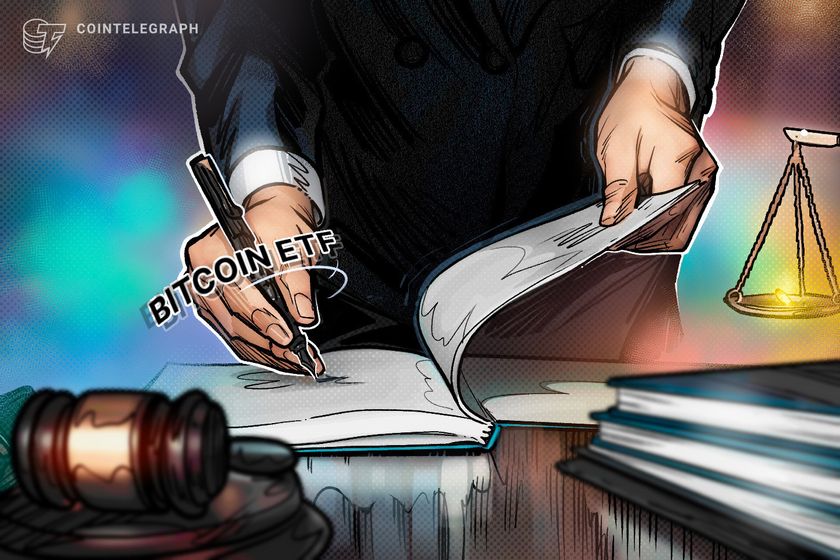While Thai regulators aim to tax crypto earned overseas, Brazilian lawmakers seek to protect it from seizure.
Newsletter
Hong Kong regulators are looking to tighten the noose around the crypto market after arresting six individuals following allegations of fraud around an unlicensed crypto exchange, JPEX. The government intends to increase its efforts to inform investors and remind them only to utilize platforms granted Securities and Futures Commission licenses.
Meanwhile, Thailand’s Revenue Department plans to impose personal income tax on foreign revenues, including those from crypto trading, of any person residing in Thailand for more than 180 days. Under the previous regulation, only foreign income remitted to Thailand in the year of earning was taxed. The new rule closes this loophole and obligates an individual to declare any income earned overseas, even if it wasn’t used in the local economy.
In Brazil, lawmakers are also pushing to acknowledge crypto as a part of personal financial assets — but for another reason. Lawmakers in the National Congress of Brazil aim to include digital assets in an amendment to a bill that aims to protect the private savings of individuals up to an amount equal to 40 minimum wages from potential seizure on behalf of creditors. In a note to the congressional Committee on the Constitution, Justice and Citizenship, Deputy Felipe Francischini said, “Nowadays, people’s investment behavior changed, with the traditional savings account losing ground to other forms of financial investment.”
The House of Lords approves the bill to seize stolen crypto in the U.K.
A bill aiming to expand the ability of authorities in the United Kindom to target illicit cryptocurrency usage has been pushed to the final stages for approval by the House of Lords. The Economic Crime and Corporate Transparency Bill, introduced in September 2022, will return to the lower chamber of the British parliament, the House of Commons, which will either decide to accept the proposed amendments or recommend further changes to the bill.
Sam Bankman-Fried’s parents officially enter the FTX court saga
Debtors of the bankrupt cryptocurrency exchange FTX have launched legal action against the parents of exchange founder Sam Bankman-Fried, alleging that they misappropriated millions of dollars through their involvement in the exchange’s business. The counsel for FTX debtors and debtors-in-possession, represented by the law firm Sullivan & Cromwell, filed a lawsuit against SBF’s parents, Joseph Bankman and Barbara Fried.
The plaintiffs argued that Bankman and Fried exploited their access and influence within the FTX empire to enrich themselves at the expense of the debtors in the FTX bankruptcy estate. The debtors alleged that SBF’s parents were “very much involved” in the FTX business from inception to collapse, contrary to what SBF has claimed.
The House Committee approves the U.S. Anti-CBDC bill
The CBDC Anti-Surveillance State Act, aimed at preventing “unelected bureaucrats in Washington” from issuing a central bank digital currency (CBDC), has taken one step further on its procedural journey after it passed the House Financial Services Committee. That means the bill will next face a congressional vote.
The bill contains provisions preventing the United States Federal Reserve from issuing a CBDC to individuals and barring the Fed from utilizing any CBDC to implement monetary policy. In his recent interview with Cointelegraph, Representative Tom Emmer called digital assets a “sleeper issue” in U.S. politics, both at the state and federal levels.




